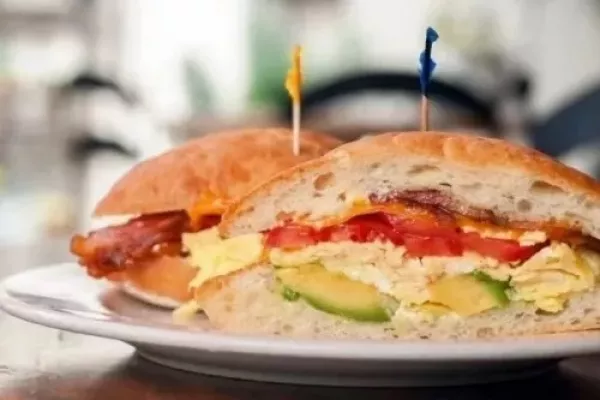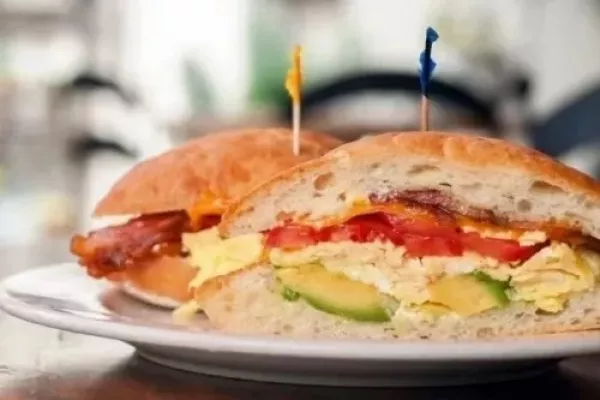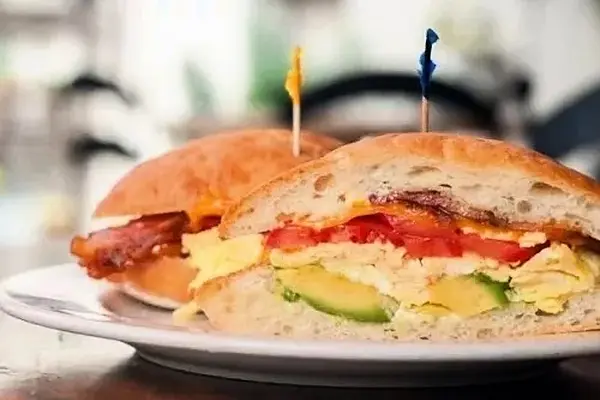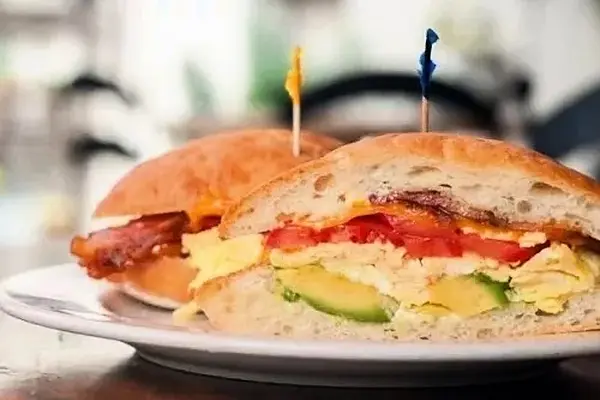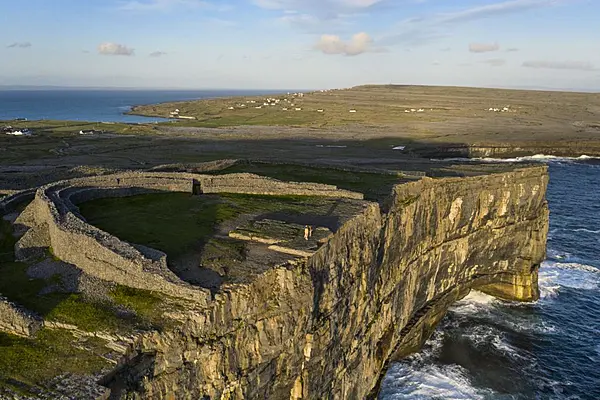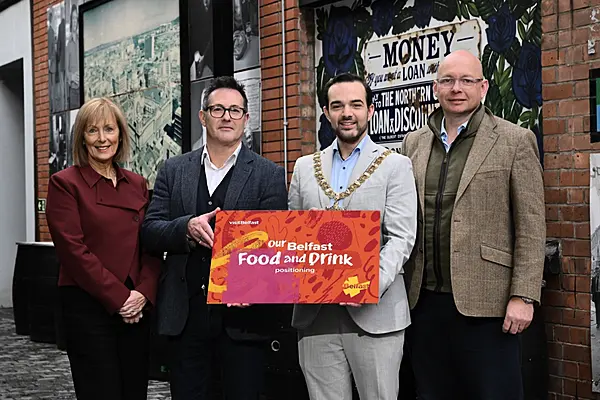Christina Turley’s father, Larry, produces California wine from vines that date back to the late 1800s. Sought by collectors, several bottles may be dumped down a Philadelphia sink.
Pennsylvania plans to destroy 2,447 bottles seized from Arthur Goldman, a Philadelphia-area lawyer who was charged this year with illegally reselling wine. While he has agreed to penalties, he’s fighting the jettisoning of his collection, which encompasses small-batch California producers such as Turley Wine Cellars, Martinelli Winery and Kistler Vineyards.
For the authorities, destruction is the natural culmination of the case. For Christina Turley and Regina Martinelli, a fifth-generation winemaker, it would waste the products of years of devotion and passion.
“It represents a huge amount of work, a huge amount of effort and affection,” Turley, sales and marketing director at Turley Wine Cellars, said by telephone. “We see these wines as extensions of ourselves. It would be a shame to see them poured down the drain.”
A hearing on whether the wine would be destroyed may be scheduled after Goldman files his argument within 30 days, according to J.J. Abbott, a spokesman for the office of state Attorney General Kathleen Kane, which handles forfeiture.
Two Options
Pennsylvania’s liquor code mandates only two options for illegal alcohol: destruction or donation to a hospital.
“Normally it would be either dumped or destroyed,” said Captain Troy Lokhaiser, administration division director of the state police’s Bureau of Liquor Control Enforcement. After a court order, most seized alcohol goes down the sink, he said.
The bottles, which include a 2011 Williams Selyem Drake Estate Vineyard Chardonnay (pictured), are being stored in a Philadelphia evidence room that may be a few degrees cooler than a typical office, he said.
In Pennsylvania, which is the only state besides Utah to control retail and wholesale liquor operations, residents must purchase wine and spirits from state stores or in-state wineries.
State police officers said that Goldman, 50, sold wine out of his home in Malvern, about 25 miles (40 kilometres) west of Philadelphia, court documents show. He sent an undercover agent a 97-page e-mail of wines available for purchase, most of which weren’t available in the state. Goldman at one point showed two officers his basement, where they saw 90 boxes of wine, according to court papers.
First-Time Offender
Goldman was charged in January with buying alcohol outside the state system and selling liquor without a license, and in August agreed to accept the penalties under a first-time offender program, said Michael Noone, Chester County First Assistant District Attorney.
Under the program, which doesn’t involve pleading guilty, Goldman must complete requirements such as two years of probation and 300 hours of community service, Noone said by telephone.
Meanwhile, the bottles of wine have been kept in the Philadelphia evidence room since January. Typically, the space holds illegal alcohol seized from speakeasies and keg parties, as well as video gaming terminals taken from unlicensed proprietors, Lokhaiser said.
Within two weeks, Goldman will file a court document detailing why his wine should be returned, said his lawyer, Peter Kratsa.
‘Passionate Collector’
Goldman and his wife “spent hundreds upon hundreds of hours selecting these individual bottles, one at a time, over a more than 10-year period while their marital home and wine cellar was in New Jersey,” Kratsa said in an e-mail. “The inventory reflects a highly personalized collection of a passionate collector comprised almost entirely of single bottles of specific wines reflecting their personal taste, and clearly not a commercial enterprise.”
Much of Goldman’s collection reflects “small artisan producers” that only make limited varieties, said Tom Wark, executive director for the American Wine Consumer Coalition, a Napa-based lobbying group. Wark, who said he has 25 years of experience in the wine industry, called a 2011 Kosta Browne Keefer Ranch wine listed “one of the most sought-after Pinot Noirs made in California.” Online prices for the wine start at $175, and it is only being offered by collectors.
800 Cases
“I’m salivating over here,” he said after listening to some of the inventory recorded by state police, which at times neglected to note years and vineyards under the brand names.
Regina Martinelli, executive vice president of Martinelli Winery in Windsor, California, said the company doesn’t make more than 800 cases of one wine. It sells many wines directly to customers on a mailing list, she said. One of the varieties on the list, a Vellutini Ranch Zinfandel, was only 250 cases, she said. While she doesn’t want her wines used in illegal purposes, it’s unfortunate they would go down the drain, said Martinelli, whose family has grown grapes in the Russian River Valley since the 1880s.
“It breaks your heart because you’re hoping someone would get a chance to enjoy it,” she said.
Bloomberg, edited by Hospitality Ireland

